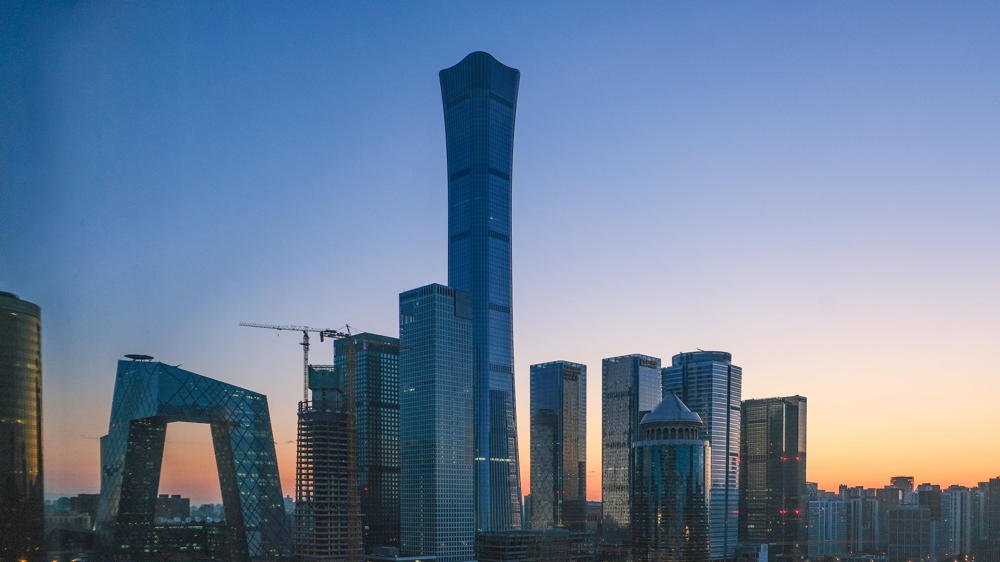China Says AI Disruption Could Pose ‘Serious Challenge’

China internet regulator says generative AI could pose ‘serious challenge’ to governance, regulation and manland labour market
A new report by China’s internet regulator warns generative AI tools such as ChatGPT could pose a “serious challenge” to governance, regulation and the labour market on the mainland.
The 2022 Digital China Development Report from the Cyberspace Administration of China (CAC) is the latest indication of governments’ unease around the rapid development of generative AI tools, which allow the creation of human-like content such as text and images.
China, like the UK, the EU, the US and other jurisdictions, is scrambling to develop regulations for the AI field, which is seen as potentially displacing large numbers of jobs and making it more difficult to spot fake content, amongst other effects.
The CAC’s report highlighted the threat of a degeneration of values that could be caused by the haphazard adoption of generative AI as well as other cutting-edge technologies such as Web3 and quantum computing.

‘Fanaticism’
ChatGPT, developed by Microsoft-backed OpenAI, is not available in China but a number of domestic tech companies, led by e-commerce firm Alibaba and search engine Baidu, have deployed test versions of their own similar technology.
Microsoft China chief technology officer Wei Qing this week told an AI-themed event in Beijing that many of the Chinese investments in generative AI were being made out of “fanaticism” and coud end up being a waste of time and money.
Last month China’s second-highest decision-making body, the Politburo, said at its quarterly meeting that China must “create an ecosystem for innovation, but at the same time take risk prevention into account”.
Other jurisdictions are expressing similar concerns, with the EU developing far-reaching AI legslation and the US moving in the same direction.
AI safety
Earlier this month US president Joe Biden met with the chief executives of Google and Microsoft and two AI companies at the White House amidst its efforts to ensure artificial intelligence products are developed in a safe and secure way.
Biden told the corporate officials they must mitigate the current and potential risks AI poses to individuals, society and national security, including risks to human rights and jobs, the administration said.
China’s CAC on 11 April issued draft regulations for generative AI service provision in China, requiring providers to take measures to prevent discriminatory content, false information, and content that harms personal privacy or intellectual property.
The CAC’s new report also warned of a potentially “turbulent” situation for supply chains due to a “battle over core technologies”, in reference to the US and China’s hostilities over cutting-edge technologies such as computer chips.
Supply chain ‘turbulence’
It said the country continues to pursue self-sufficiency in semiconductors and electronic design automation software.
“The development of AI chips and [related] development frameworks have accelerated”, the CAC wrote, saying this has helped establish “basic AI software and hardware support capabilities”.